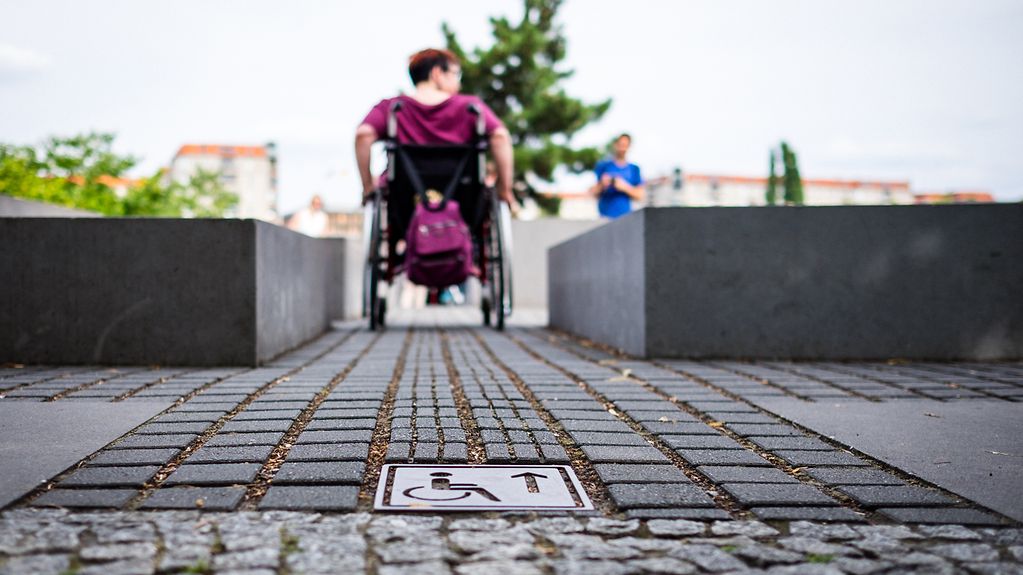FAQs on the Flat-Rate Act (Pauschbetragsgesetz)
A reduction in the financial burden for tax-payers with disabilities and less red tape – that is the aim of the Persons with Disabilities – Flat-Rate Act (Behinderten-Pauschbetragsgesetz), which the German government has adopted.
2 min reading time

The planned improvements mean more support for tax-payers with disabilities
Photo: Andi Weiland/Gesellschaftsbilder.de
The flat-rates that apply for persons with disabilities are to be doubled, requirements to submit evidence streamlined, and the degree of disability system harmonised with social welfare law. This is all laid out in the draft Persons with Disabilities – Flat-Rate Act (Behinderten-Pauschbetragsgesetz), which the Cabinet adopted on Wednesday. This should enable the flat-rate to do its job – of simplifying the process – in future too.
Why do we need a Persons with Disabilities – Flat-Rate Act (Behinderten-Pauschbetragsgesetz)?
The legislation gives tax-payers with disabilities the opportunity to apply for a flat-rate tax exempted sum that is designed to cover the higher costs entailed by living with a disability, rather than providing evidence of every additional expenditure in their tax return.
In addition to doubling the flat-rate, various simplifications are designed to make things easier for tax-payers with disabilities, including requirements to provide evidence and the way verification activities are handled.
What specific measures are provided for?
The following specific measures are planned to modify the disability flat-rates and simplify taxes:
- The flat-rates for persons with disabilities are to be doubled.
- A flat-rate for travel expenses resulting from disabilities is to be introduced. It will be 900 euros for people with impaired mobility and vision and 4,500 euros for people with more serious impediments.
- The additional requirements that currently apply to people with a degree of disability of less than 50 applying for a disability flat-rate will be waived.
- The system of degrees of disability will be brought into line with social welfare law, meaning that in future a disability flat-rate will be taken into account as of a degree of disability of at least 20.
Moreover, the care flat-rate is to be increased from 924 euros to 1,800 euros as a personal recognition of home-based care services. In future a care flat-rate of 600 euros will apply for individuals classed as requiring level 2 nursing care, while a rate of 1,100 euros will apply for individuals requiring level 3 nursing care.
Where do we go from here?
The draft legislation must be approved by the second chamber of the German parliament, the Bundesrat. The new provisions should come into effect as of 1 January 2021 and will be evaluated at the end of 2026.